"New York State still does not permit dispensaries to sell cannabis flower, as archaic as that may sound. Only edibles, tinctures, and other forms are permitted."
Not sure who wins the prize for fucking up a medical program worse, NY or FL.
Is Cannabis Legal in New York City? Well...it's Complicated
Isn’t Cannabis Legal in NYC Now?
In a word, no. For people without a state-issued medical cannabis card, cannabis possession and use are illegal in New York State, and in New York City.
In New York City, possession of cannabis has been decriminalized but not legalized. Possession of up to 25 grams of cannabis may result in a $100 violation (similar to a traffic ticket) for a first offense. A second offense is $200, a third offense is $250 and a possible 15-day stint in jail.
Possession of up to 25 grams (3/4 of an ounce) will get you a $100 ticket on a first offense. Public use can get you thrown in jail.
Public use (“burning”) is a misdemeanor punishable by a $250 fine and up to 90 days in jail.
However, there are different types of “illegality” in the city.
If you are a white person moving about the city with a small amount of cannabis, you’re unlikely to encounter any problems. If you are a person of color, it’s a different story. That’s offensive and outrageous, but it’s a fact. (See yesterday’s installment in this series for a further discussion of that problem.)
Note: New York’s decrim law applies only to cannabis flower. Possession of cannabis concentrates, up to a quarter-ounce, is a misdemeanor punishable by up to a year in jail and a $1,000 fine. Possession of more than a quarter-ounce of a concentrate is a serious felony, and can result in 7 to 15 years in prison.
The folks at
NORML keep meticulous track of state cannabis laws, and you can find their
report on New York here. We’ll provide a small portion of that report below:
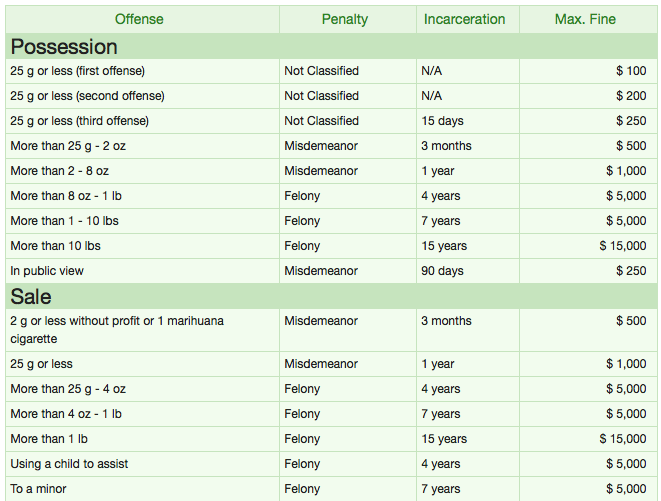 How are New Yorkers Obtaining it?
How are New Yorkers Obtaining it?
Same as it ever was. While New York State now licenses both patients and dispensaries in the medical cannabis field, cannabis products are still illegal for non-patients. However, there are thousands of people working in the illicit cannabis market. I do not suggest committing a crime in the city, I’m just acknowledging that they are there.
It’s not uncommon, for example, for a bicycle delivery service to sell a light eighth for $50. A former acquaintance of mine ran one out of the Lower East Side for years. He had high-profile corporate clients gainfully employed in the media and the financial sector. It was an open secret. Ironically, he was not busted for moving pounds, but for selling a joint to a buddy, openly, in the street. If he hadn’t been so careless he probably wouldn’t have been caught. He’s a white guy and he had a flashy criminal defense attorney in a Brooks Brothers suit, so he beat the charges.
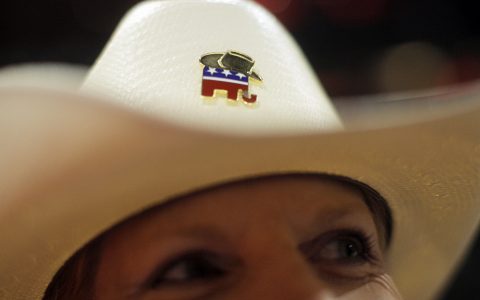
RELATED STORY
Liberty, Jobs, and Freedom: How Cannabis Became a Conservative Issue
How Much Does it Cost?
About $10.75 a gram, according to
a recent survey of cannabis prices in cities around the world. Prices may vary according to location, timing, and seller.
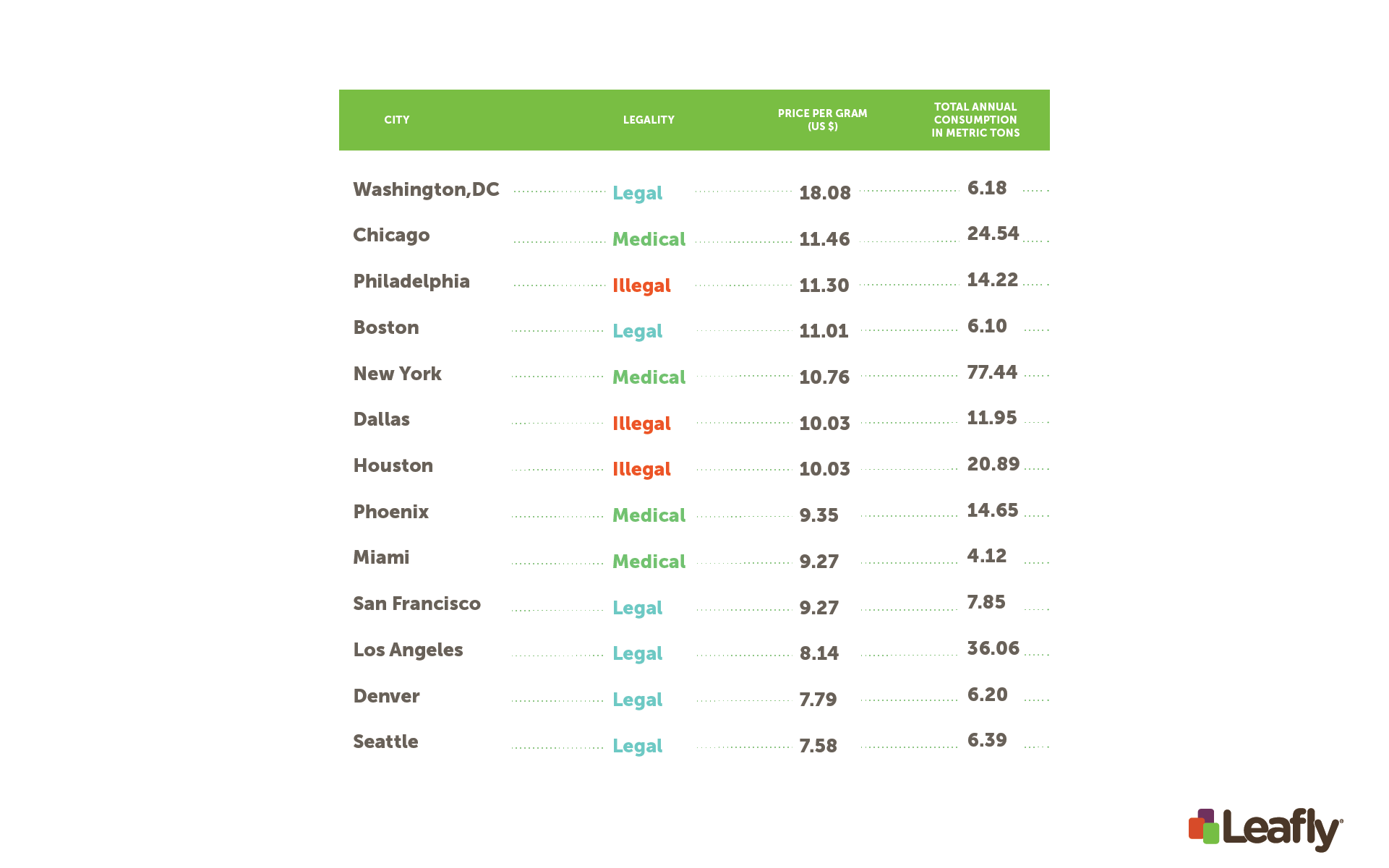
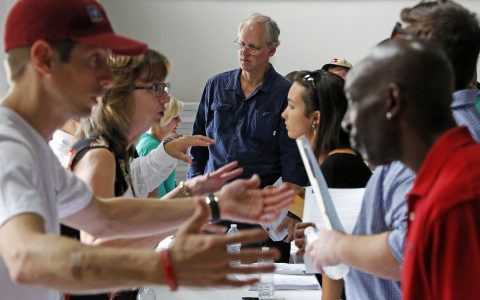
RELATED STORY
Cannabis Jobs Count: Legal Marijuana Supports 149,304 Americans
What’s the Deal With Medical?
New York State made a bold move in the late 1970s when it passed the Oliveri Statute, named after a resident with a terminal illness, which established a program to fund research into the medical applications of marijuana. Political meddling, however, ultimately undermined the program, leaving it without any actual funding.
New York State still does not permit dispensaries to sell cannabis flower. Only edibles, tinctures, and other forms are permitted.
In 2014, New York (including New York City) adopted the
Compassionate Care Act, a highly restrictive medical marijuana program, one that
initially had few physicians, patients, and permissible products.
Late last year, though, state authorities made substantial changes to the program intended to expand and improve access to medical cannabis. In particular, New York added qualifying conditions such as chronic pain and PTSD, made it easier for physicians to become licensed to certify patients, and awarded five more licenses to grow and dispense medical cannabis. (All licenses in New York are vertically integrated; dispensaries grow, process, and sell their own medical cannabis.) New York State still does not permit dispensaries to sell cannabis flower, as archaic as that may sound. Only edibles, tinctures, and other forms are permitted.
As states in the region—including New Jersey, Massachusetts, Rhode Island and Vermont—expand their medical and adult-use programs, New York may follow suit. But so far it’s been the regional laggard, in part due to Gov. Andrew Cuomo’s uneasiness with cannabis of any kind. Cuomo has historically taken a hardline prohibitionist position, and it’s one of many issues that have turned the liberal, activist wing of the state Democratic party against him.
And those unpopular stands may cost Cuomo when he runs for a third term later this year. Though he remains a non-unpopular two-term governor, political writers Edward-Isaac Dovere and Jimmy Vielkind
reported earlier today that actress Cynthia Nixon, the former
Sex and the City star, is considering a primary challenge when Cuomo aims for a third term later this year. She probably won’t be his only primary opponent.
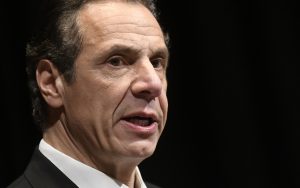
Gov. Cuomo: Doesn’t like the issue. (AP Photo/Hans Pennink)
In his executive budget address on Jan. 16, Cuomo called for a state-funded study on the impact of marijuana legalization in the health, economic, and criminal justice realms. The study will also consider the potential impact of legalization in New York’s neighboring states and jurisdictions. Calling for more research into medical cannabis was a bold move 20 years ago, but today it’s widely seen as a retrograde stalling tactic. When politicians don’t want to deal with cannabis legalization, they suddenly emerge as advocates for cannabis science.
Legislation to legalize marijuana for adult use is pending in New Jersey, where recently inaugurated Gov. Phil Murphy supports regulated adult use, and NJ State Senate President Stephen Sweeney has
pledged to legalize marijuana in Murphy’s first 100 days in office.
It’s unlikely that Cuomo wants New York to be the only state on the Eastern Seaboard to lose out on millions in tax revenue, or task the NYPD with stop-and-check patrols at the Holland Tunnel. But few expect him to pivot and embrace adult-use legalization in his third term—if he gets one.

RELATED STORY
CBD and the Brain: What Does It Do and What Is It Good For?
How Tough Is it to Get a Medical Card?
When it comes to obtaining a medical cannabis card, New York is definitely not as loose as California, but obtaining one is
not particularly difficult.
Firstly, a patient must be evaluated by a
licensed physician, who can certify them for medical cannabis use for a qualifying condition. Qualifying conditions include:
- ALS
- Cancer
- Chronic Pain
- Epilepsy
- HIV/AIDS
- Huntington’s Disease
- Inflammatory Bowel Disease
- Multiple Sclerosis
- Neuropathy, Parkinson’s Disease
- PTSD
- Spinal Cord Injury with Spasticity.
As has been the case in other states, when New York added chronic pain as a qualifying condition, the patient count increased dramatically. New York’s patient registry counted only 481 patients in Jan. 2016. One year later, there were 11,989. As of last week, that number had swelled to 46,971.
Cost remains an obstacle. The price of a medical evaluation and medical cannabis products are significantly higher in New York than in other states. People without health insurance, or with insurance that does not have a qualified evaluator in its network, will incur significant costs to obtain certification. Dr. David J. Ores, on the Lower East Side, has been instrumental in helping low-income patients obtain medical marijuana.
David Holland is the Executive Director of
Empire State NORML. He’s seen the burden of the state’s flawed MMJ law—high costs, limited qualifying conditions, and few product choices—hit thousands of New York patients. “Under the
Compassionate Care Act, the cost of medicine is too damn high, and the range of medical conditions covered under the act is disproportionately low,” he says.
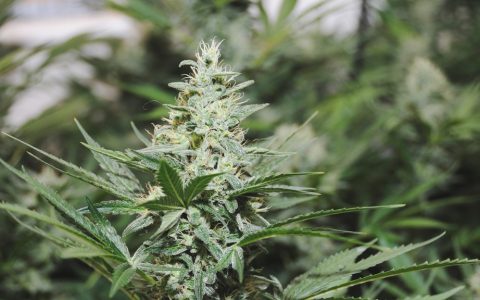
RELATED STORY
Cannabinoids 101: What Makes Cannabis Medicine?
Are There Dispensaries in the City?
There are currently two dispensaries in the borough of Manhattan,
Columbia Care NY, and
Etain Health, with two more on the way. Columbia Care is
located on 14th Street, about two blocks east of Union Square Park. The offices of Etain Health are on
East 39th Street, just east of Lexington.
Queens and The Bronx each have a dispensary: Vireo Health and PharmaCannis, respectively. Four more dispensaries are expected to open in the outer boroughs in the coming months.
Are People Still Getting Arrested for Cannabis?
Yes. Way too many people. In 2017, 18,525 people were arrested for cannabis-related offenses in New York City. In New York State, in 2016, all narcotics arrests totaled 34,175. More than 23,000 of those state arrests were just for cannabis-related offenses.
Are Those Arrests Still Skewed by Race?
Absolutely. See
this report for the latest.
 But I was signed upon for free by my Dr and for shits and giggles I went to Etain, just to be in the system as a patient who bought something.
But I was signed upon for free by my Dr and for shits and giggles I went to Etain, just to be in the system as a patient who bought something. 







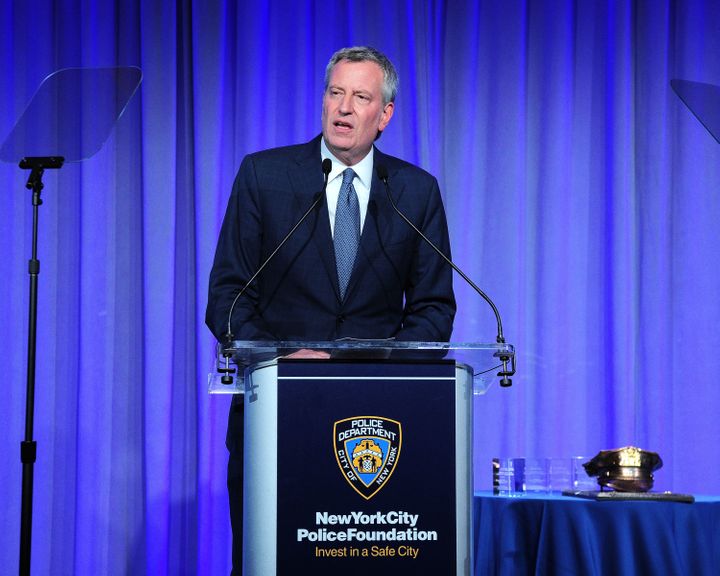
 Imagine, two people running for Gov and the big debate topic is who is kinder to this than the other canidate. ->
Imagine, two people running for Gov and the big debate topic is who is kinder to this than the other canidate. -> 
 The Guv said he'd wait for some reports to come in. And several have come in. So......
The Guv said he'd wait for some reports to come in. And several have come in. So......
